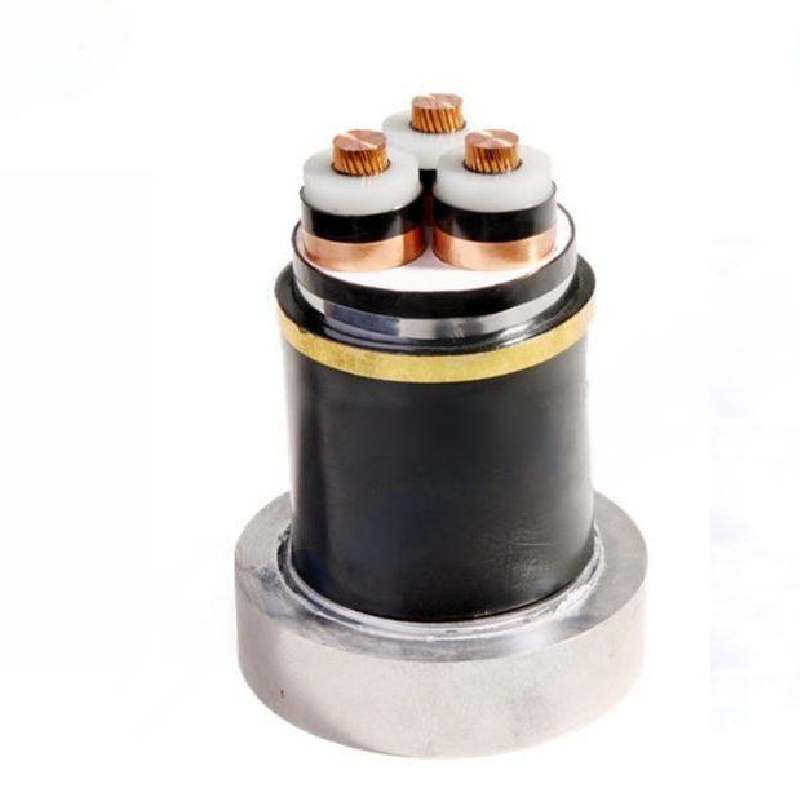10 月 . 10, 2024 13:21 Back to list
industrial water valve
Industrial Water Valves Essential Components for Efficient Fluid Management
In industrial settings, the management of water and other fluids is critical for a variety of processes, from manufacturing to cooling systems. One of the essential components in this fluid management system is the water valve. These valves play a pivotal role in controlling the flow, pressure, and direction of water in industrial applications, ensuring that operations run smoothly and efficiently.
Understanding Water Valves
Water valves are mechanical devices designed to open, close, or partially obstruct the flow of water in a piping system. They come in various types, including gate valves, globe valves, ball valves, and butterfly valves, each serving unique functions and applications. The choice of valve depends on several factors, including the nature of the fluid, the flow rate, the pressure requirements, and the specific application.
Types of Water Valves and Their Applications
1. Gate Valves Gate valves are primarily used to start or stop the flow of water. They have a wedge-shaped gate that moves up or down to control the flow. These valves are ideal for applications where full flow is needed, as they do not restrict the flow when fully opened.
2. Globe Valves Known for their throttling capabilities, globe valves are used to regulate flow in a pipeline. Their design allows for fine adjustments, making them suitable for systems requiring precise flow control, such as in cooling water systems.
3. Ball Valves Featuring a spherical disc that controls flow, ball valves are favored for their durability and quick operation. They provide a reliable seal and are used in situations where quick shut-off is required, making them popular in both liquid and gas applications.
4. Butterfly Valves These valves consist of a rotating disc that regulates flow. They are lightweight, compact, and suitable for large diameter pipes. Butterfly valves are commonly used in large-scale water distribution systems due to their efficiency and ease of operation.
Key Considerations in Choosing Water Valves
industrial water valve

When selecting an industrial water valve, several key factors should be considered
- Material The material of the valve affects its durability, corrosion resistance, and suitability for the specific application. Common materials include brass, stainless steel, and PVC.
- Pressure and Temperature Ratings It's essential to select valves that can withstand the operating pressure and temperature of the system. Each valve type has its specifications, which should be reviewed against system requirements.
- Flow Characteristics Understanding the flow characteristics, such as whether the application requires laminar or turbulent flow, will influence the valve selection.
- Maintenance Needs Some valves require more maintenance than others. It's crucial to consider the ease of access and the frequency of maintenance when making a selection.
The Role of Automation in Water Valves
With advancements in technology, many industrial water valves can now be automated. Automated valves improve efficiency by allowing remote control and monitoring, enabling operators to manage water flow in real time. This is particularly beneficial in large facilities where manual operation would be impractical.
Conclusion
In conclusion, industrial water valves are critical components that ensure the efficient management of water systems across various applications. By understanding the different types of valves and their respective advantages, industries can select the right equipment to optimize their operations. Additionally, the integration of automation technologies presents further opportunities for enhancing efficiency and reliability in managing industrial water flow. As industries continue to evolve, the importance of selecting and maintaining the appropriate water valves cannot be overstated, making them a vital component in the infrastructure of modern industrial processes.
Share
-
Understanding the Differences Between Wafer Type Butterfly Valve and Lugged Butterfly ValveNewsOct.25,2024
-
The Efficiency of Wafer Type Butterfly Valve and Lugged Butterfly ValveNewsOct.25,2024
-
The Ultimate Guide to Industrial Swing Check Valve: Performance, Installation, and MaintenanceNewsOct.25,2024
-
Superior Performance with Industrial Swing Check Valve: The Essential Valve for Any SystemNewsOct.25,2024
-
Industrial Swing Check Valve: The Ideal Solution for Flow ControlNewsOct.25,2024
-
You Need to Know About Industrial Swing Check Valve: Functionality, Scope, and PerformanceNewsOct.25,2024